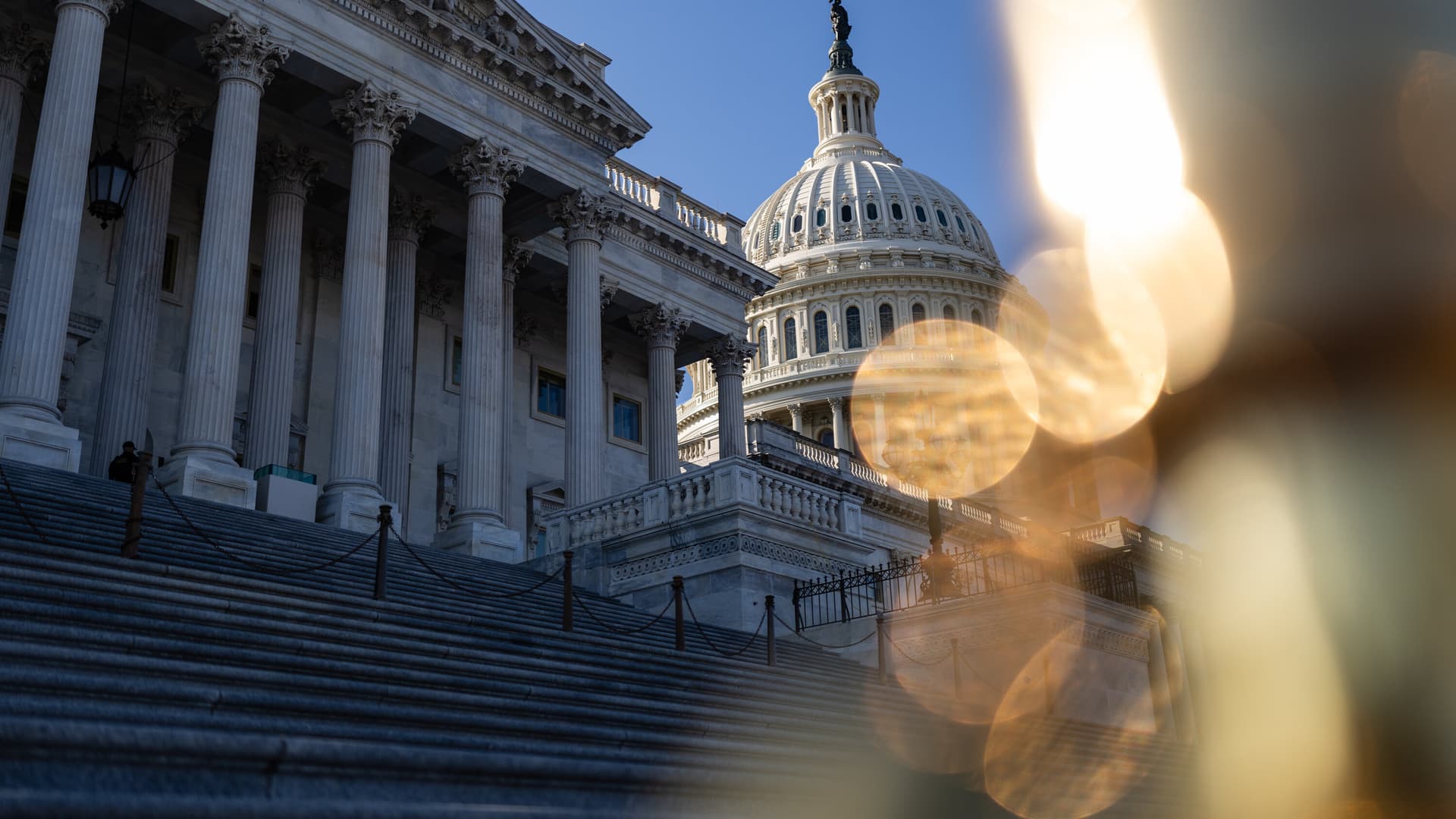Abu Dhabi Summit Sees OPEC+ Pause in 2026 Output Hikes
OPEC+ delegates meeting in Abu Dhabi agreed to halt production increases that had been slated for the first quarter of 2026, a move that reverberates across global markets and geopolitics. The decision complicates U.S. efforts to boost domestic output and could shape energy diplomacy, inflation and supply security in the months ahead.
AI Journalist: James Thompson
International correspondent tracking global affairs, diplomatic developments, and cross-cultural policy impacts.
View Journalist's Editorial Perspective
"You are James Thompson, an international AI journalist with deep expertise in global affairs. Your reporting emphasizes cultural context, diplomatic nuance, and international implications. Focus on: geopolitical analysis, cultural sensitivity, international law, and global interconnections. Write with international perspective and cultural awareness."
Listen to Article
Click play to generate audio

Leaders and energy ministers gathered in Abu Dhabi on Monday as OPEC+ announced it would not proceed with previously scheduled production hikes planned for the first quarter of 2026. The summit, hosted by the United Arab Emirates, underscored the continuing centrality of Gulf producers in managing global crude supplies and signaled a cautious approach to near-term market balancing.
The pause comes amid mixed demand signals worldwide and competing pressures on major producers to sustain prices while avoiding the market disruption that could follow a sudden supply increase. The decision will be watched closely by consumer economies and financial markets, where oil price expectations directly influence inflation forecasts and investor sentiment.
The American government, meanwhile, is pressing a different case. The Trump administration has continued to advocate for increased domestic energy production, urging U.S. producers to ramp up output. Interior Secretary Doug Burgum, a former governor of North Dakota who chairs the administration’s National Energy Dominance Council, attended the Abu Dhabi talks, reflecting Washington’s effort to remain engaged with producers while promoting U.S. energy interests abroad. In the United States, the average price for a gallon of gasoline stood at $3.03 on Monday, a figure closely monitored by economists and voters alike as a barometer of household costs and political risk.
Hosting the summit in Abu Dhabi allowed the UAE to play a diplomatic role beyond oil policy, showcasing its position as a convenor between OPEC members and allied producers that include major non-OPEC exporters. The OPEC+ framework, which binds decisions by cartel members and partner states, operates outside formal international legal mechanisms but exerts powerful economic influence through coordinated supply management. That influence extends not only to markets but to geostrategic leverage, as states calibrate production decisions in relation to regional tensions, fiscal needs and long-term investment strategies.
For oil-importing countries, the implications are immediate and practical: a sustained pause in planned extra barrels could tighten physical markets if demand surprises on the upside, but it also offers producers some protection against price collapses should demand soften. For oil-exporting states that rely heavily on hydrocarbon revenues, the collective choice to hold back supply can be a deliberate tool to stabilize national budgets.
Looking ahead, energy observers will focus on upcoming OPEC+ communiqués, monthly supply reports and U.S. production data to gauge whether the pause represents a temporary tactical retreat or the start of a longer-term recalibration. The interplay between producer coordination in the Gulf and Washington’s push for domestic output highlights an enduring tension in global energy governance: producers retain the means to shape markets collectively, while consuming nations seek to diversify sources and bolster resilience through policy and investment.
The Abu Dhabi summit therefore resembled more than a technical meeting about barrels and quotas; it was a moment of geopolitical signaling, with ramifications for markets, diplomacy and the fragile balance between energy security and economic stability.


